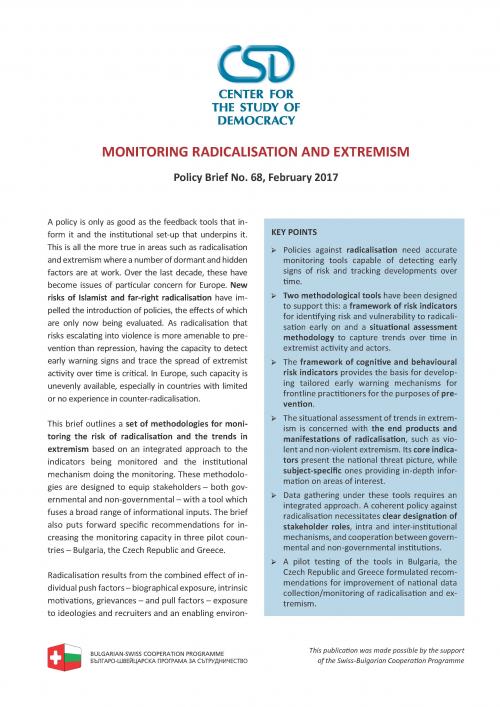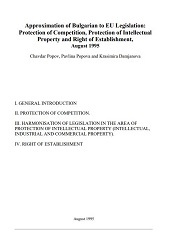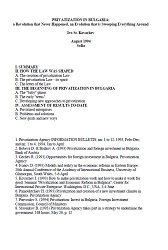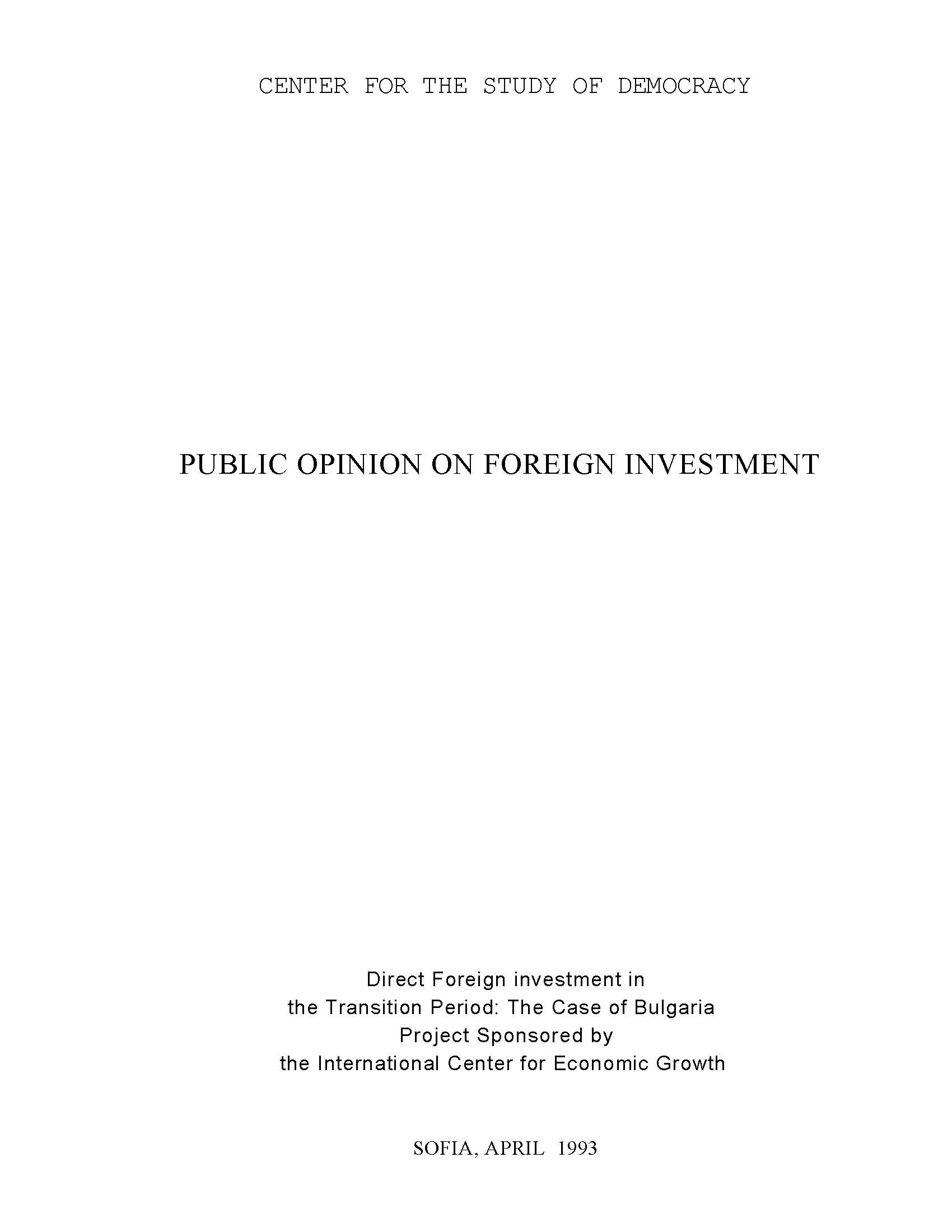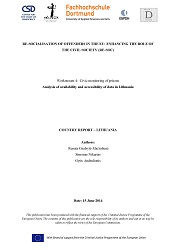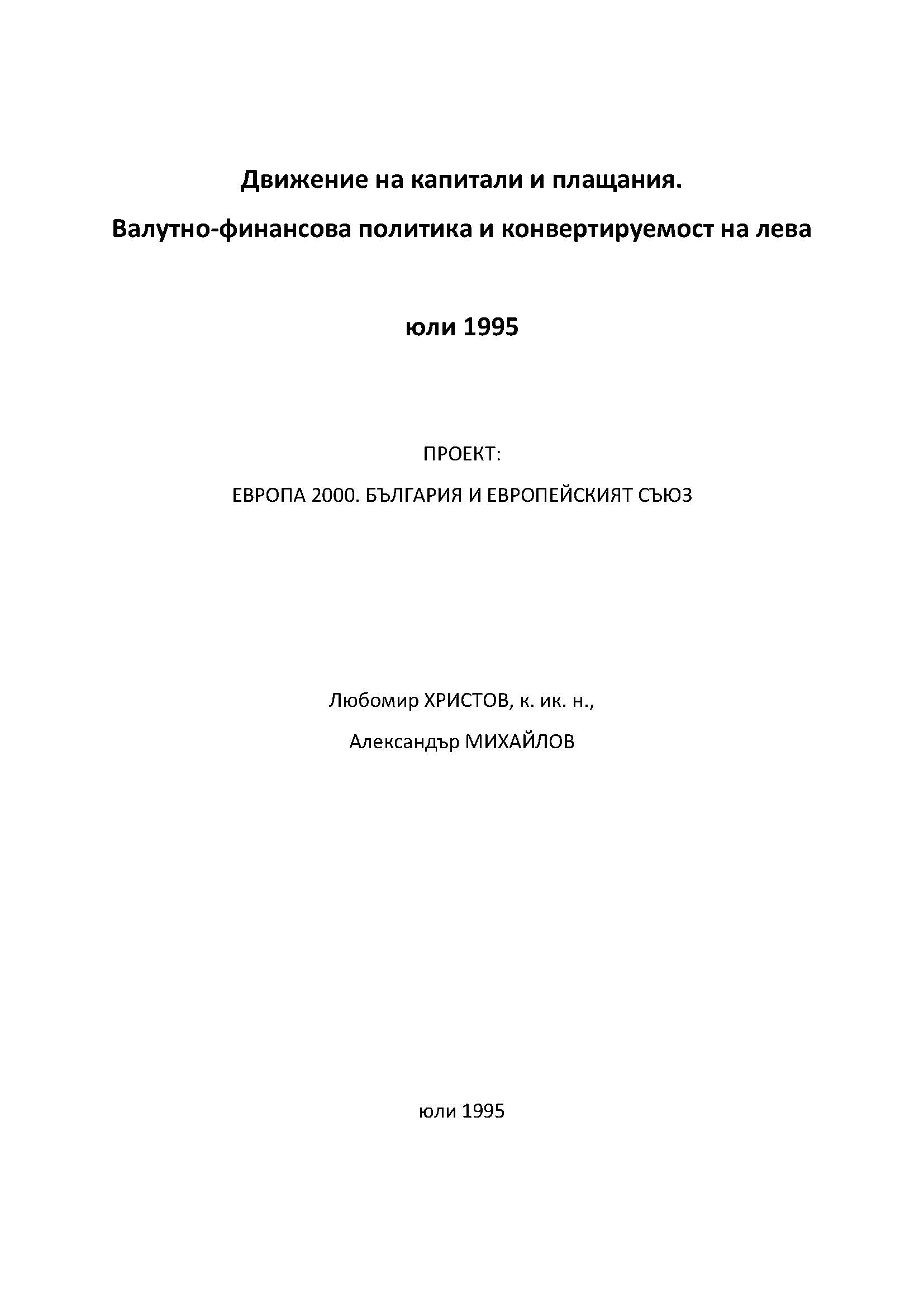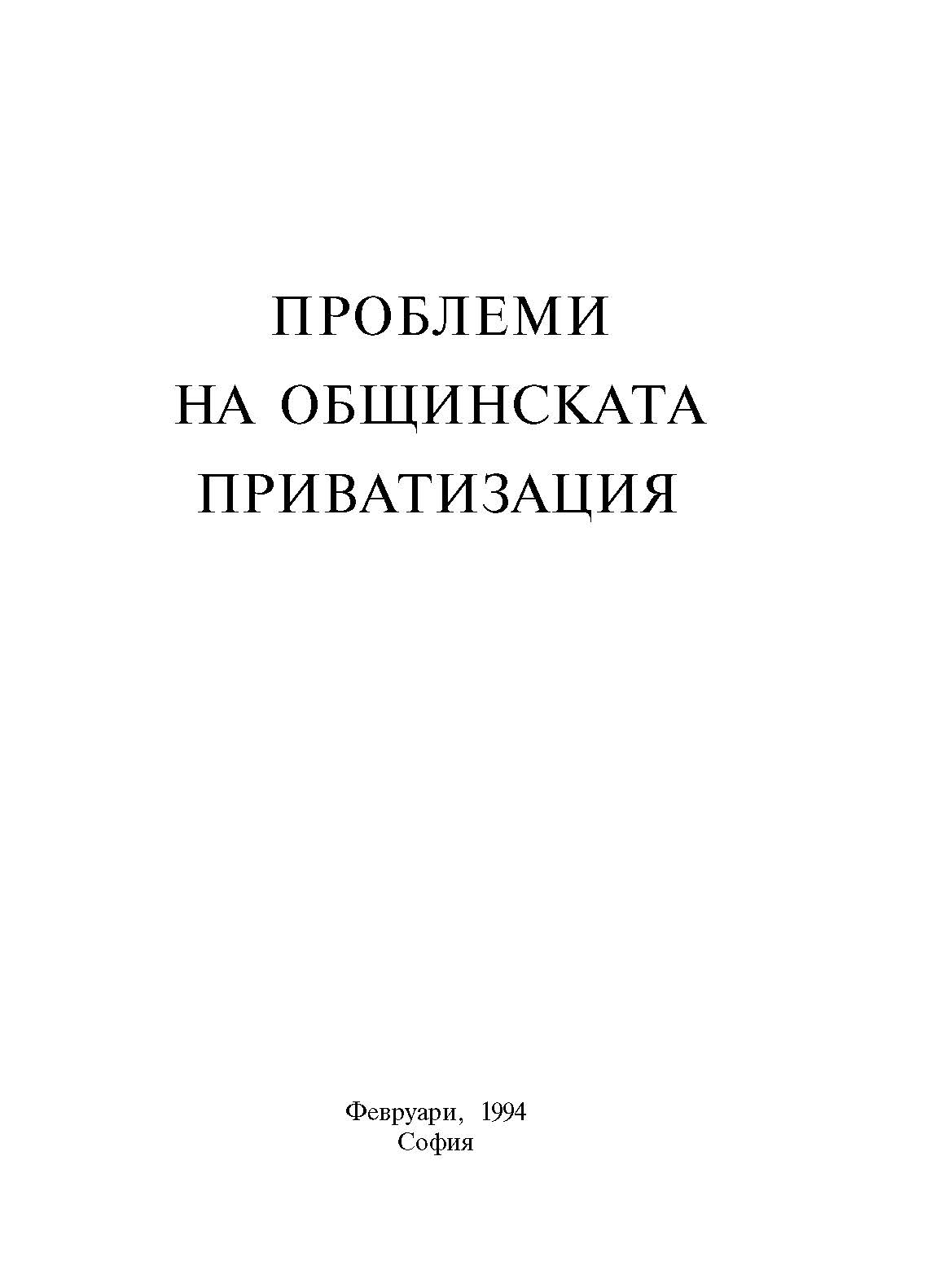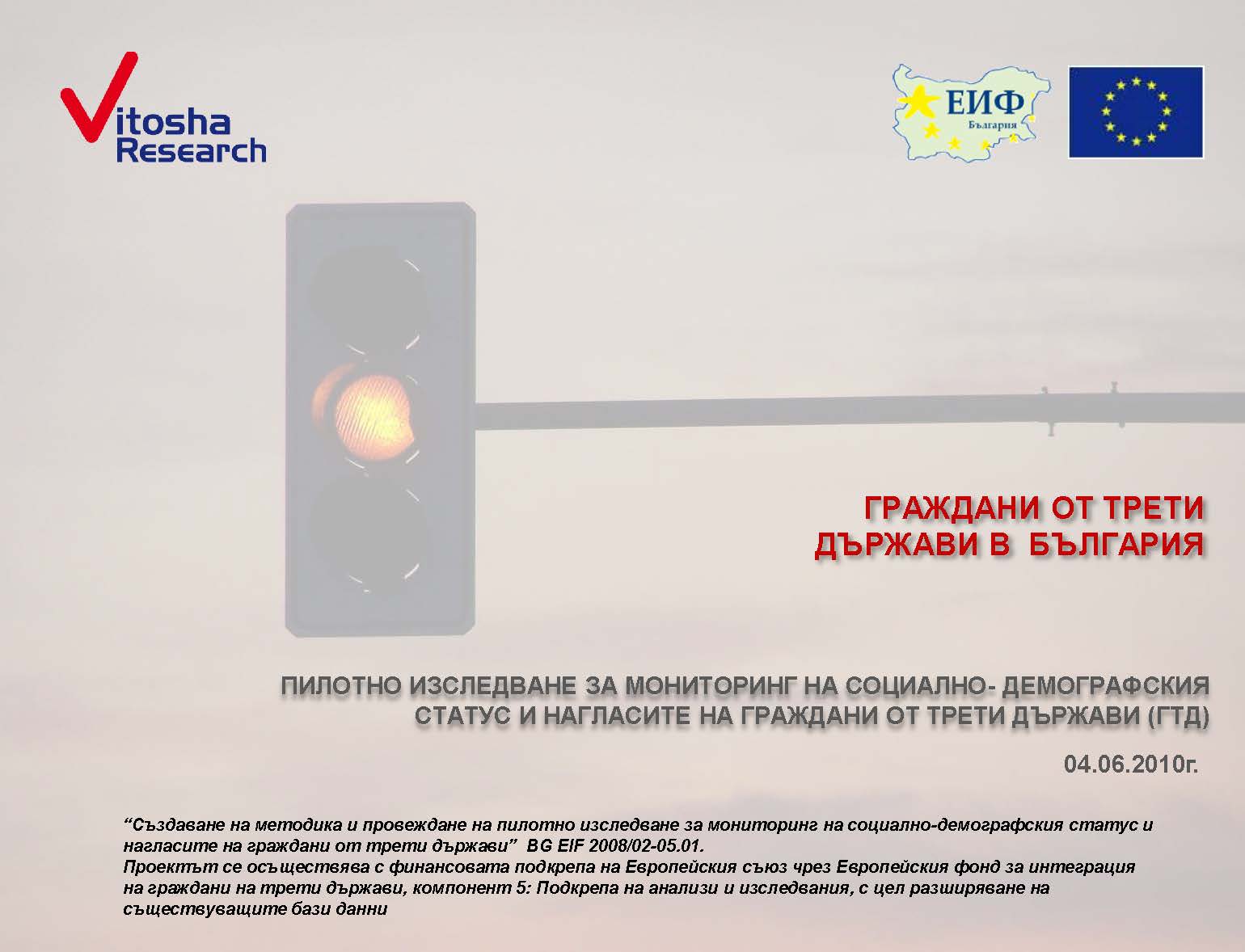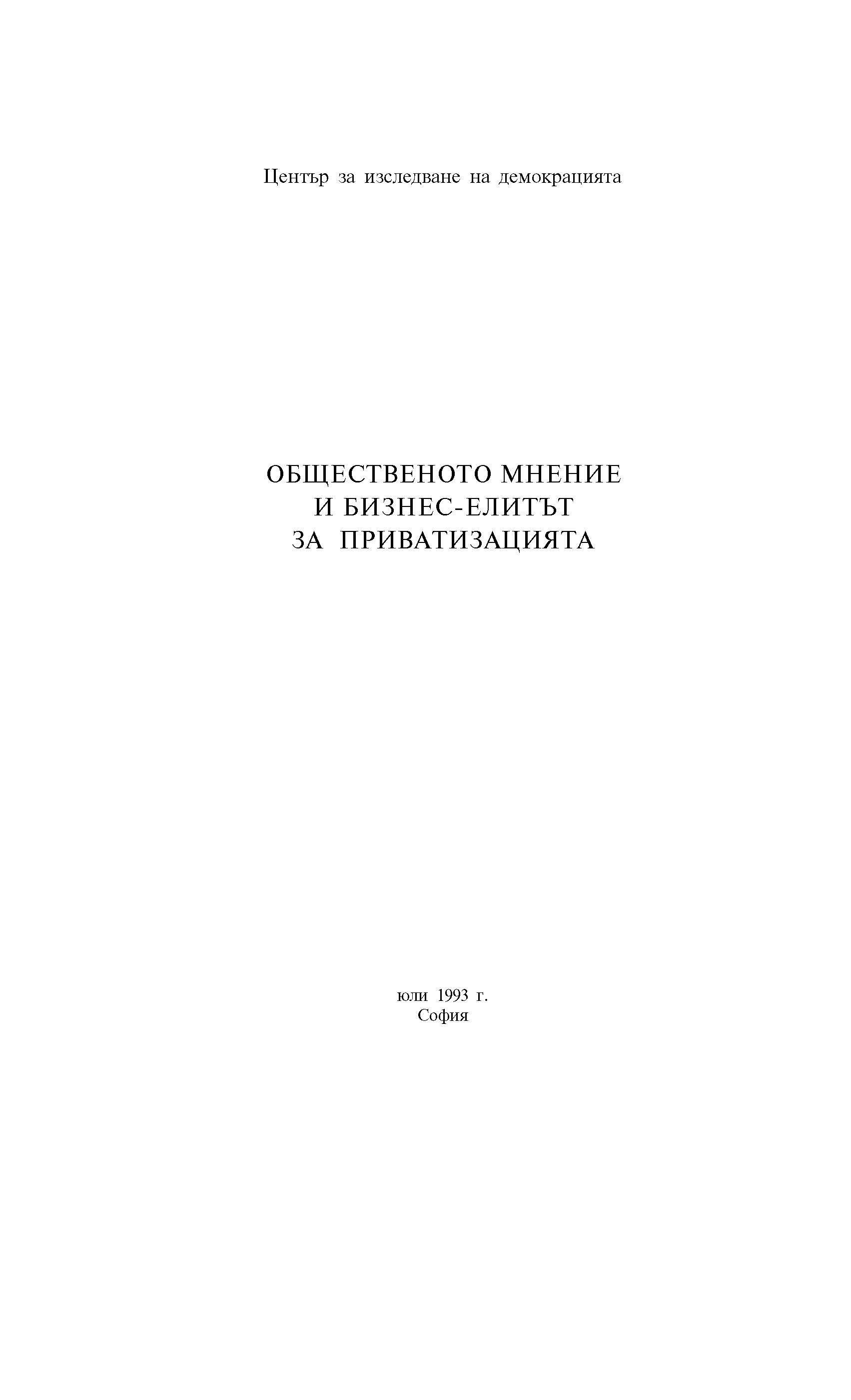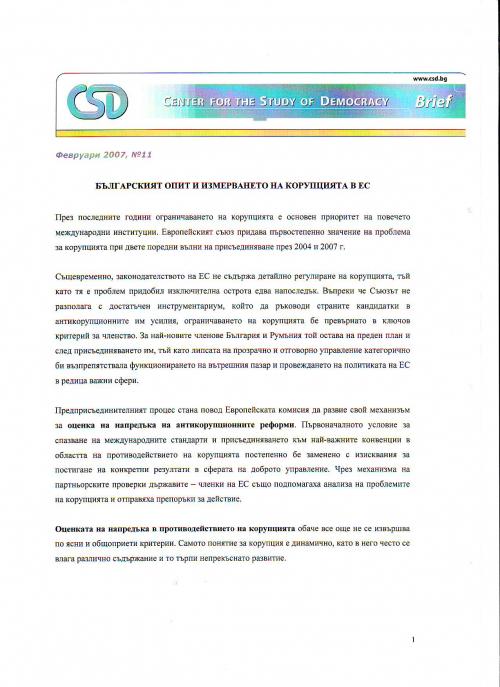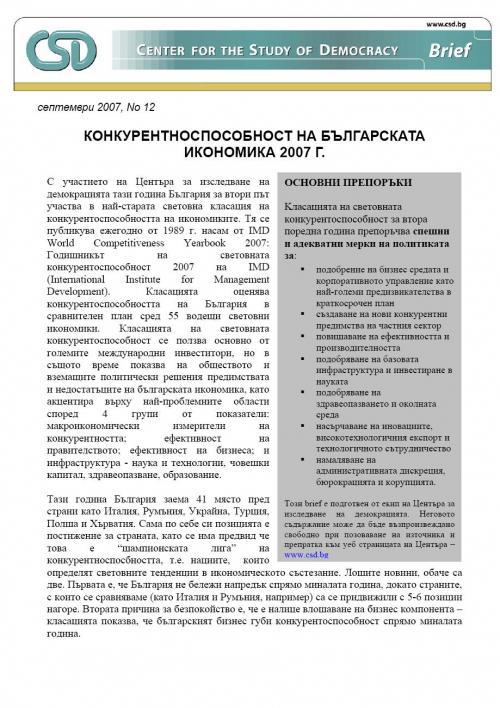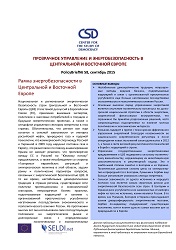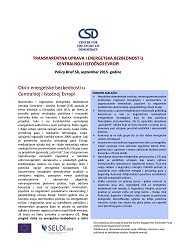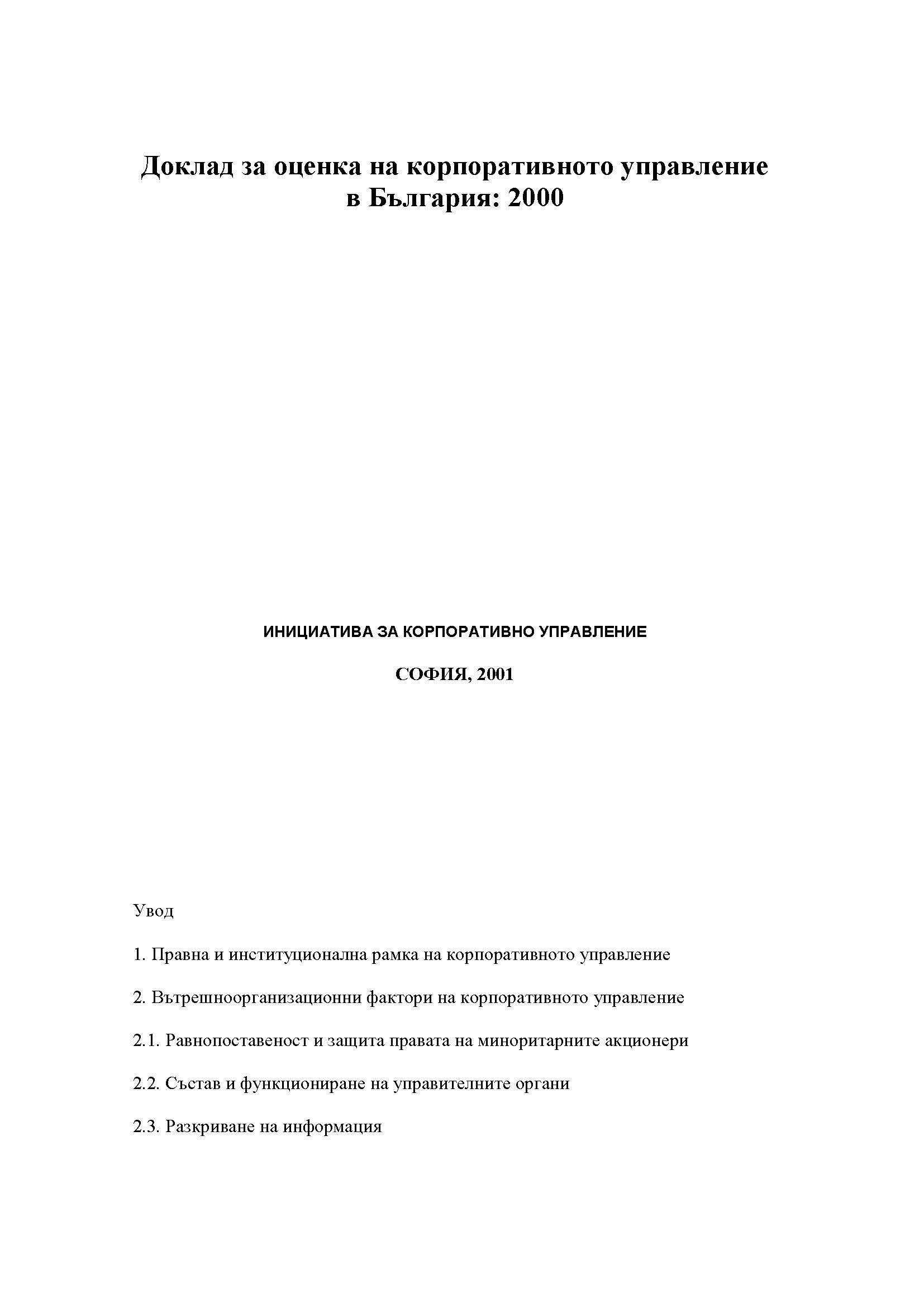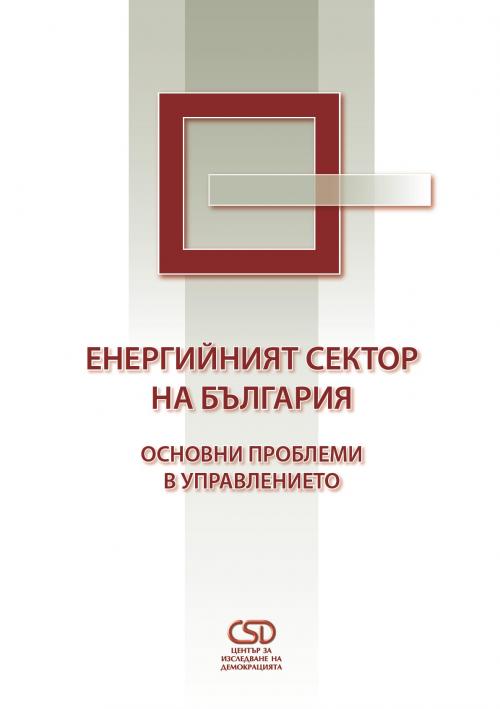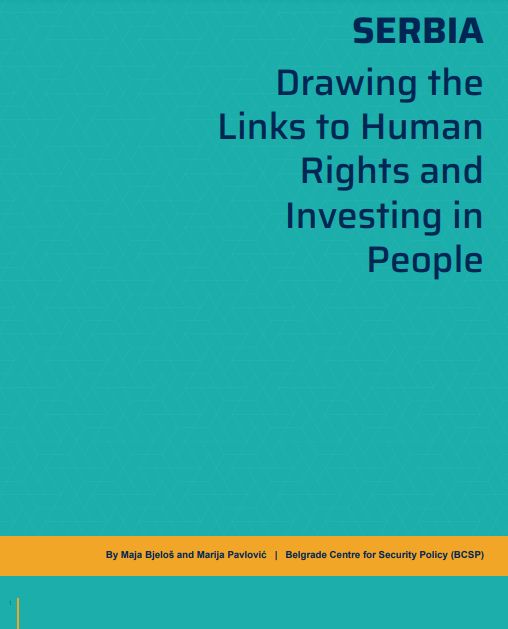Author(s): Azra Šehić,Elma Demir,Ivana Stipanović,Jasmin Jašarević,Maja Sahadžić,Maja Šoštarić,Milena Savić,Rebeka Kotlo / Language(s): Bosnian
Tokom posljednjih godina postignut je značajan napredak u reformi sektora pravde u BiH. Međutim, iako su doneseni značajni reformski zakoni i podzakonski akti, kao i mnogi strateški dokumenti i prateći akcioni planovi, sektor pravde se suočava sa nizom problema, a održivost do sada provedenih reformi je neizvjesna, ukoliko se intenzivnije ne preduzmu aktivnosti da se nadogradi ono što je do sada postignuto, kao i da se uklone slabosti koje su i dalje prisutne unutar cjelokupnog sistema pravde. Uspostava i upravljenje cjelokupnim reformskim procesom nije obaveza samo institucija vlasti. Kroz provođenje istraživanja, pripremu analiza i prikazivanje činjeničnog stanja, organizacije civilnog društva mogu dati značajan doprinos donošenju odluka i politika zasnovanih na potrebama građana, te ostvariti pozitivan uticaj na kvalitet pružanja javnih usluga. Istovremeno, kroz ovakav vid djelovanja, civilno društvo ostvaruje demokratski pritisak na predstavnike institucija vlasti za provođenje obaveza koje su preuzele te podstiču iste na usvajanje onih politika koje vode društvo ka principima koje civilno društvo zagovara. Ovakav pristup dijalogu sa predstavnicima vlasti odabrale su i nevladine organizacije koje djeluju kao članice Mreže pravde u Bosni i Hercegovini. Kroz udruženo djelovanje, članice Mreže, zagovaraju izgradnju društva zasnovanog na vladavini zakona i zaštiti ljudskih prava. Zalaganje za ove vrijednosti i interese građana u sektoru pravde, članice Mreže provode na osnovu snage sopstvenih argumenata: provođenju istraživanja i pisanja analiza. Upravo u tu svrhu, objavljena je publikacija Pristup pravdi u Bosni i Hercegovini koja okuplja nekoliko analiza koje se bave problematikom pristupa pravdi u oblasti pravosuđa s različitih aspekata. Okvirna tema je odabrana s obzirom da nivo ostvarenja pristupa pravdi jedne zemlje ukazuje na nivo poštivanja osnovnih prava i sloboda njenih građana, te da je pristup pravdi u Bosni i Hercegovini, prema mišljenju stručnjaka ali i predstavnika pravosuđa, uveliko ograničen. Sve ugrožene socijalne kategorije, kao što su nezaposleni, žene, osobe sa posebnim potrebama, izbjeglice i raseljena lica, Romi, kao i druge nacionalne manjine, su suočeni sa nizom problema zaštite svojih osnovnih prava. Činjenica da se polovina stanovništva BiH nalazi u stanju socijalne isključenosti ukazuje na obim problema o kojem je riječ. Uzroci lošeg pristupa pravdi su višestruki: kompleksnost pravosudnog i političkog sistema; nedostatak harmonizacije sudske prakse; komplikovane i dugotrajne procedure; nedostatak informacija; skupi sudski postupci; nepoznavanje prava i pravnih mehanizama njihove zaštite; korupcija, itd. Baveći se ovim problemima autori analiza koje objedinjuje publikacija Pristup pravdi u Bosni i Hercegovini nastoje dati uvid u određene reformske aktivnosti u sektoru pravde, razmatraju različite opcije i daju preporuke s prijedlogom rješenja na datu problematiku, s ciljem da podstaknu pozitivne promjene u oblasti pravosuđa i upozna javnost sa istim. Prema tome, nadamo se da će ova publikacija biti koristan izvor informacija predstavnicima pravosuđa kao uvid u određenu problematiku iz perspektive civilnog društva, te da će inicirati i razvoj interesovanja kod organizacija civilnog društva za djelovanje u oblasti pravosuđa. Koristimo ovu priliku da se zahvalimo svima koji su bili uključeni u realizaciju pripreme analiza i izradu publikacije. Posebno se zahvaljujemo Američkoj agenciji za međunarodni razvoj (USAID) koja kroz Projekat razvoja sektora pravosuđa II pruža tehničku podršku Mreži pravde u BiH i njenim članicama.
More...
